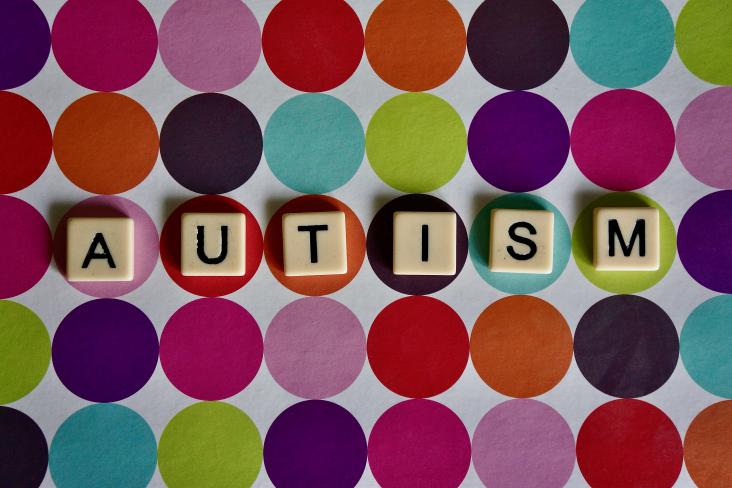The study investigates the quality of the foods that are served at and their effect on the consumer health
The study evaluates the use of nanocellulose as a food additive which is obtained from banana.
This Health Policy paper supports SDGs 3, 15, and 17, among others, by exploring the potential values and risks of establishing an Intergovernmental Panel for One Health (IPOH), with the aim of contributing to addressing other global challenges, such as food and water safety and environmental degradation in the context of One Health.
To ensure sustainability, vertical or disease-specific programs or projects (government funded or external funded) should not develop standalone community participation interventions. They should be mandated to build on the existing social capital. The untied funds required for implementation of decentralized decision-making should be released in a timely manner without needless audit objections. Communities are not going to go anywhere. Hence, we need consistence in policy concerning community participation and patience from the administrators to implement community participation holistically with realistic sustainable short-term process indicators, while the focus is on medium- and long-term goals, including SDG3.
Public policy and linked social action must address the structural or intermediary social determinants of health. Though policy decisions or reform is one of the social action approaches, the programmatic, regulatory, and community development approaches need to be efficiently used. The COVID-19 pandemic expedited and facilitated collaboration with people outside the health sector. Such established and better-performing collaborations and social actions need continuation and expansion to other areas for better health and well-being. The national and subnational multisectoral action plan and its effective implementation can facilitate the “Health in All Policies” and address most of the social determinants of health.
This review is to provide a comprehensive overview of recent developments in deep learning methodologies applied to brain MRI images for the classification of various stages of Alzheimer's disease, with a particular emphasis on early diagnosis. Furthermore, this review underscores the limitations of current research, discussing potential challenges and future research directions in this dynamic field.
This Article supports Sustainable Development Goal 3 by showing that although there was an increase in prescribing of antipsychotics to people with dementia during the COVID-19 pandemic, this increase was not responsible for the large increase in all-cause and stroke mortality in this population.



